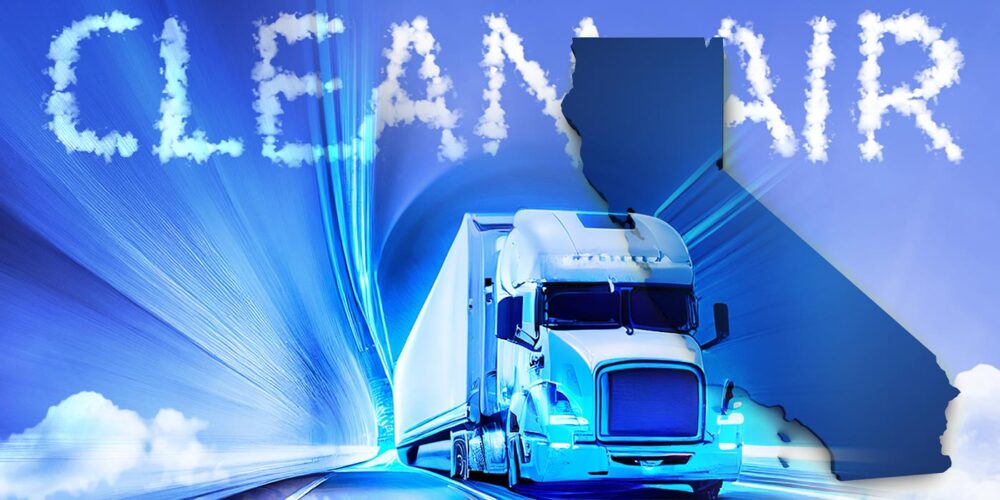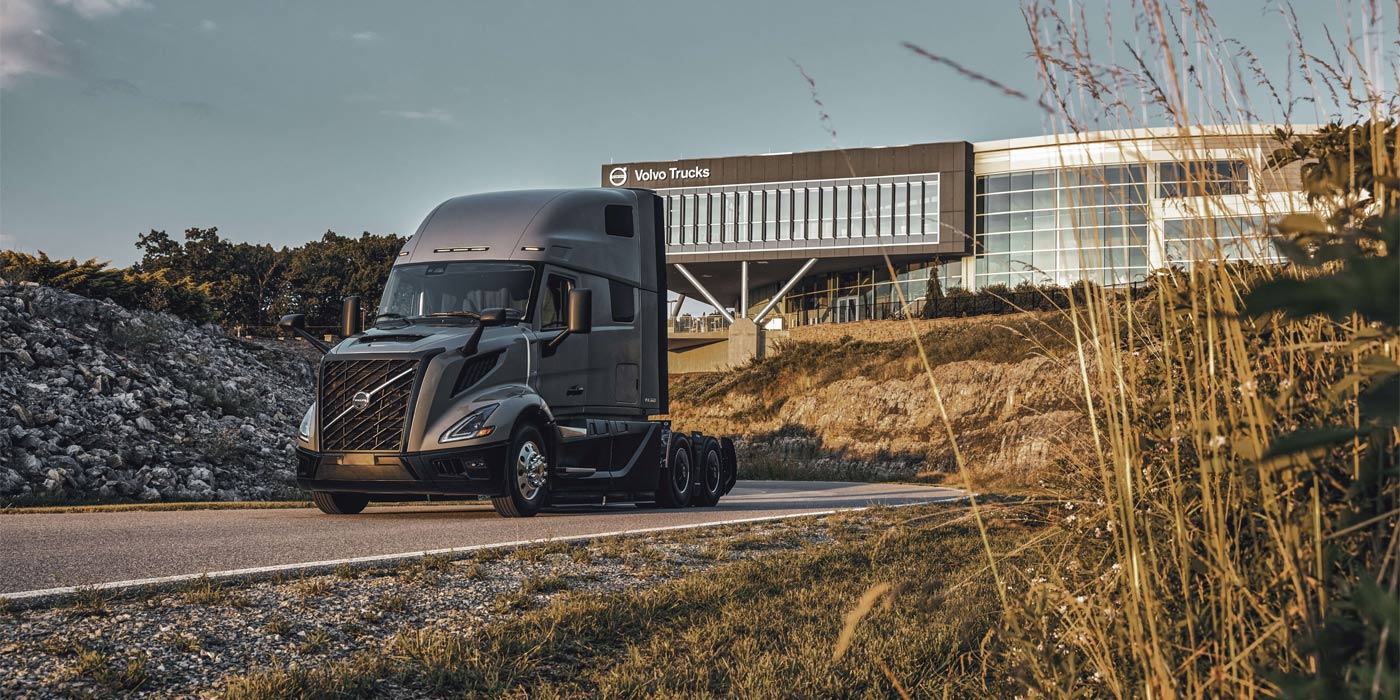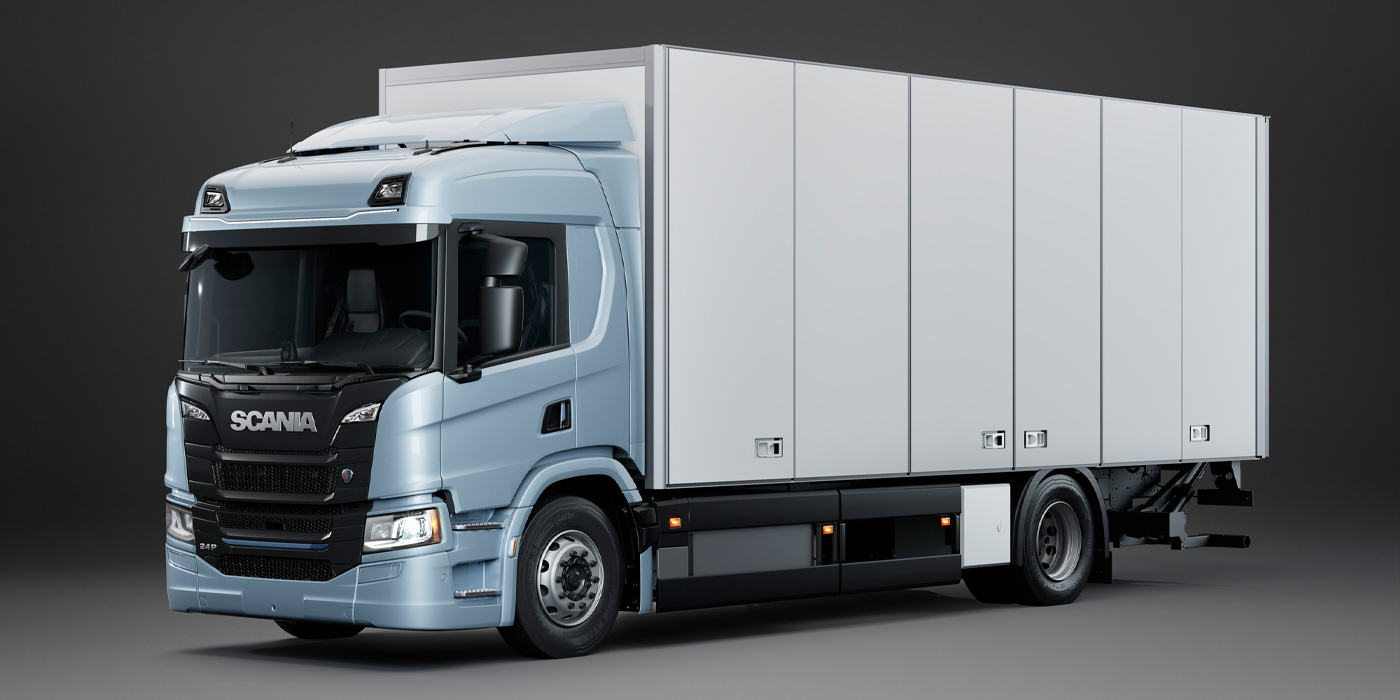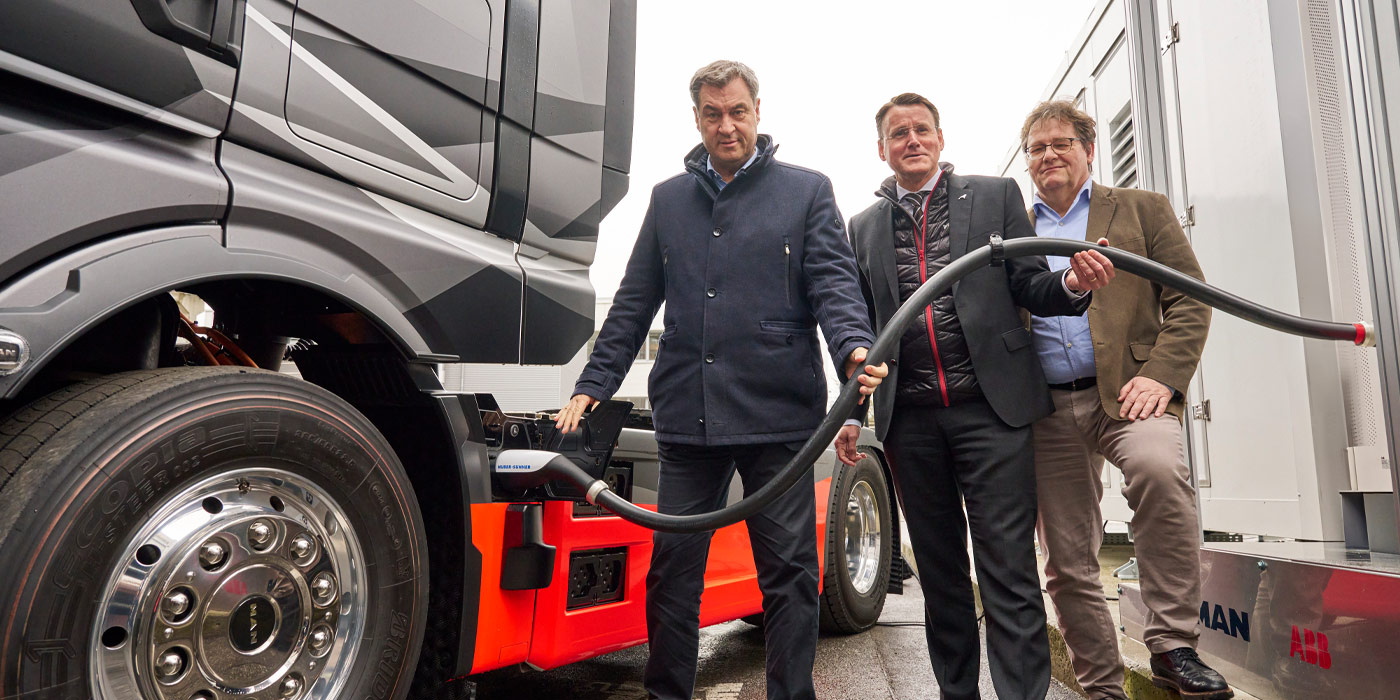The California Air Resources Board (CARB) announced a Clean Truck Partnership with truck manufacturers and the Truck and Engine Manufacturers Association. CARB says this partnership is aimed at advancing the development of zero-emission vehicles (ZEVs) for the commercial trucking industry, which includes flexibility for manufacturers to meet emissions requirements while still reaching the state’s climate and emission reduction goals.
Companies that have joined this partnership include: Cummins Inc., Daimler Truck North America (DTNA), Ford Motor Co., General Motors Company, Hino Motors Limited, Inc., Isuzu Technical Center of America, Inc., Navistar Inc., PACCAR Inc., Stellantis N.V., Truck and Engine Manufacturers Association, and Volvo Group North America.
The partnership marks a commitment from the companies to meet California’s vehicle standards that will require the sale and adoption of zero-emissions technology in the state, regardless of whether any other entity challenges California’s authority to set more stringent emissions standards under the federal Clean Air Act. In turn, CARB has agreed to work collaboratively with manufacturers to provide reasonable lead time to meet CARB’s requirements and before imposing new regulations and to support the development of necessary ZEV infrastructure.
“This agreement makes it clear that we have shared goals to tackle pollution and climate change and to ensure the success of the truck owners and operators who provide critical services to California’s economy,” said CARB Chair Liane Randolph.
“Through this agreement, we have aligned on a single nationwide nitrogen oxide emissions standard, secured needed lead time and stability for manufacturers, and agreed on regulatory changes that will ensure continued availability of commercial vehicles,” said EMA President Jed Mandel. “We look forward to continuing to work constructively with CARB on future regulatory and infrastructure efforts designed to support a successful transition to ZEVs.”
The terms of the Clean Truck Partnership include:
- CARB will align with EPA’s 2027 regulations for nitrogen oxide emissions. CARB also will modify elements of the 2024 NOx emission regulations for which manufacturers will provide offsets as necessary to maintain California’s emission targets.
- CARB commits to providing no less than four years lead time and at least three years of regulatory stability before imposing new requirements.
- Truck manufacturers commit to meeting CARB’s zero-emission and criteria pollutant regulations in the state regardless of any attempts by other entities to challenge California’s authority.
The Clean Truck Partnership comes as California prepares for implementation of its rules that put in place a phased-in transition toward 100% sale and use of zero-emissions technology for medium- and-heavy duty vehicles under CARB’s Advanced Clean Trucks and Advanced Clean Fleets rule by 2045. In March, the Biden Administration approved California’s waiver under the federal Clean Air Act that allows the state to become the first in the world to require zero-emissions technology for trucks.
What the manufacturers are saying
“Cummins continues to be committed to working collaboratively with CARB toward a zero emissions future. We appreciate CARB’s commitment to providing flexibilities as we transition to zero emissions, and for their efforts to align with EPA’s 2027 standards. We also welcome CARB’s commitment to collaborate in the further development of ZEV infrastructure needed for our customers to adopt these technologies. These actions will enable Cummins to improve product availability for our customers, while delivering significant emissions reductions.” — Shelley A. Knust, vice president of product compliance and regulatory affairs, Cummins Inc.
“At Daimler Truck we continue working towards achieving our goal of offering only carbon-neutral vehicles by 2039. For the overall industry transformation to become a reality, we believe the key to success is a close collaboration with all our stakeholders.” — Sean Waters, vice president of product compliance and regulatory affairs, DTNA.
“Ford remains committed to working collaboratively with the California Air Resources Board and the Truck and Engine Manufacturers Association. During this extraordinary period of transition in the automotive industry, automakers need harmonization between programs to help meet our shared goal of lowering emissions from transportation to improve air quality, human health and the environment. This alignment between California and the Environmental Protection Agency’s national standards for model year 2027 and beyond will help us get more clean trucks on the road across the country.” — Cynthia Williams, global director sustainability, homologation and compliance, Ford Motor Co.
“Navistar is committed to offering our customers products and services which support a sustainable future. This agreement enables the regulatory certainty we all need to prepare for a future which will include ever increasing volumes of low and zero-emissions technologies.” — Michael Noonan, director, product certification and compliance, Navistar.
“PACCAR is committed to supporting the environmental goals of California and the nation as a whole and welcome the harmonization of future emissions regulation. This agreement provides regulatory certainty and supports a balanced transition to zero emissions by ensuring continued supply of product into California and opt-in states.” — John Rich, chief technology officer, PACCAR.
“The Volvo Group is pleased to support this joint agreement between the California Air Resources Board and the Truck and Engine Manufacturers Association. We believe this lays the foundation for our customers to have the greatest possible product availability consistent with California’s climate change and air quality goals. Through cooperative efforts such as this, the Volvo Group believes we can achieve the quickest and least disruptive transition to a commercial zero-emission vehicle future.” — Dawn Fenton, vice president, government relations and public affairs, Volvo Group North America.














